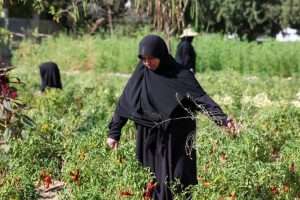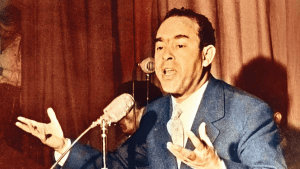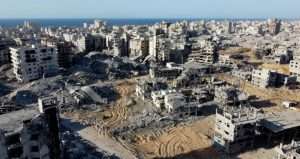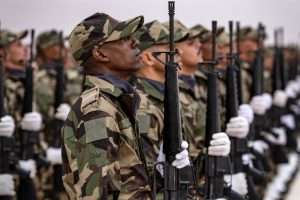Lebanon condemns Israeli strikes as breach of fragile ceasefire
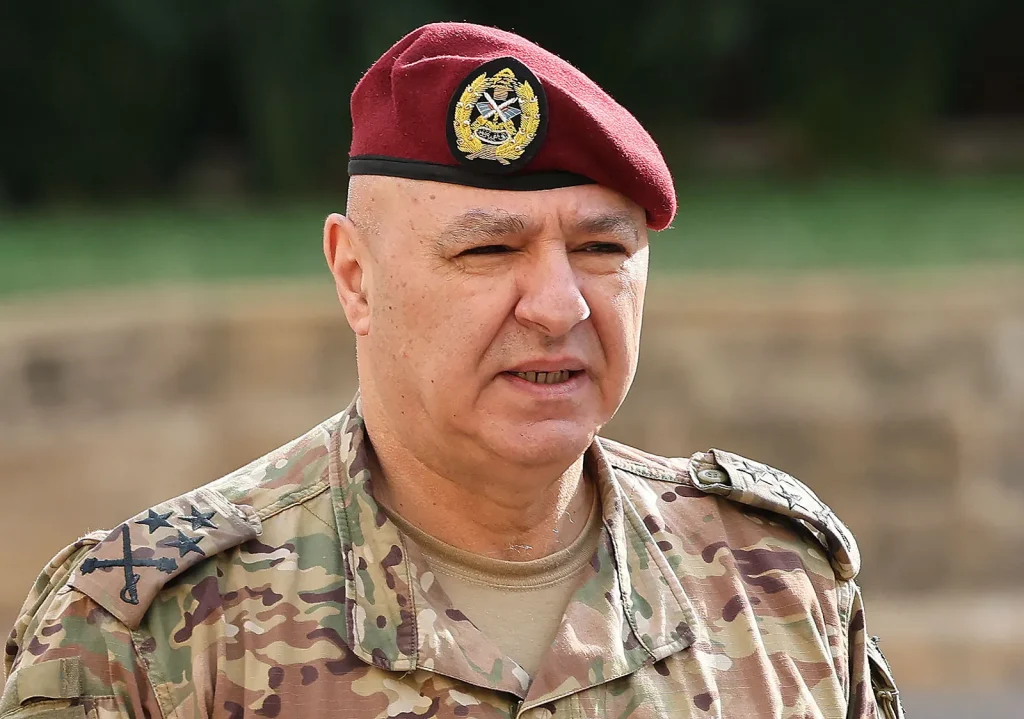
Israeli air strikes on southern Lebanon on the 16th of October killed one person and injured seven others, as reported by The National, an attack that Lebanese President Joseph Aoun condemned as a violation of the ceasefire agreement reached with Israel in November last year.
The Lebanese Health Ministry said one person was killed in Baalbek, eastern Lebanon, while six others were injured in the Nabatieh district and one in the coastal city of Sidon.
The Israeli military said it had targeted several Hezbollah facilities and a site used by the environmental organisation Green Without Borders, which it accuses of operating as a front for Hezbollah. President Aoun disputed this claim, saying the attacks hit “civilian facilities” and constituted “a breach of the November ceasefire.”
“The repeated Israeli aggression comes as part of a systematic policy aimed at destroying productive infrastructure, hindering economic recovery and undermining national stability under false security pretexts,” Aoun said in a statement on X.
Large parts of southern Lebanon remain heavily damaged from previous fighting. The World Bank estimated earlier this year that the country requires around $11 billion for recovery and reconstruction.
Israel’s refusal to withdraw from occupied areas of southern Lebanon combined with international donors withholding funding until economic reforms are implemented and progress is made on disarming Hezbollah have severally limited reconstruction efforts across southern Lebanon.
Hezbollah remains under pressure from both domestic and international actors to surrender its weapons but continues to resist such calls. The group maintains that disarmament cannot occur while Israel continues to occupy parts of southern Lebanon and conducts air strikes in the country.
On October 14, senior military representatives from the UN peacekeeping mission, the Lebanese Armed Forces (LAF), the United States, and France met in Naqoura, southern Lebanon, to discuss disarmament efforts, according to US Central Command (Centcom).
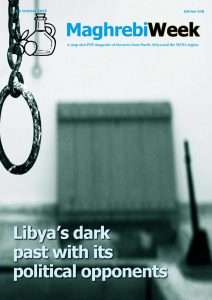
Centcom said the LAF had removed nearly 10,000 rockets, about 400 missiles and more than 205,000 fragments of unexploded ordnance in the past year.
Under the terms of the November 2024 ceasefire, Israel was to withdraw completely from southern Lebanon, while Hezbollah agreed to dismantle its military presence south of the Litani River and hand over its weapons to the LAF.
The deal was supposed to put an end to 14 months of conflict, however Israel has admitted to breaching the ceasefire on hundreds of occasions. Israel continues to carry out strikes in southern Lebanon and the UN has reported that more than 100 people have been killed in Israeli attacks since the ceasefire came into effect.
Although President Joseph Aoun recently called for Israel and Lebanon to enter fresh negotiations to put an end to long-standing disputes, this most recent airstrike puts long term peace between the two countries in further doubt.
Israeli prime minister Benjamin Netanyahu currently faces an ongoing trial for corruption which was deferred in July because of the conflict with Hamas and Iran. Following the ceasefire with Iran and the shaky ceasefire with Hamas, the question arises of where Netanyahu will strike next to serve as a smokescreen for his ongoing scandal whilst fulfilling his fantasy of a “Greater Israel”.
The National, Maghrebi
Want to chase the pulse of North Africa?
Subscribe to receive our FREE weekly PDF magazine





